Madagascar
Madagascar, a large island state in the Indian Ocean where the first round of the presidential elections will be held on Thursday, is one of the world's poorest countries, despite its considerable natural resources.
- Exceptional biodiversityThe island is the fourth largest in the world, with a surface area of 587,000 km2, larger than France. It is home to almost 29 million people.
The country is regularly swept by cyclones and tropical storms. In February, Freddy killed at least seven people. In 2022, Batsirai had already claimed more than 120 lives, destroyed thousands of homes and devastated crops.
Madagascar enjoys exceptional biodiversity, but many animal and plant species, some of them endangered, are victims of trafficking: rosewood, turtles, lemurs, reptiles and seahorses.
- Vanilla, the green goldThe country is the world's leading producer of vanilla. Widely used in perfumery and confectionery, the spice is one of the most expensive in the world, after saffron.
Vanilla farms, mainly in the northeast of the island, are unique in that they have to be pollinated by hand, unlike in other producing regions such as South America, where a bee pollinates the flower.
After the Covid pandemic, the government imposed a floor price of $250 per kilo, to guard against a sudden market collapse. But this policy led to a dead end, driving foreign buyers to other producing countries with lower prices.
Exports have plummeted to $546.6 million in 2022, compared with $617.4 million in 2021, according to the Central Bank of Madagascar. The government recently announced a return to market liberalization.
- PovertyDespite its natural wealth, Madagascar has been plagued by slow growth for decades, leaving a large proportion of the population in poverty.
The country has one of the highest poverty rates on the planet, reaching 75% by 2022, according to the World Bank. Per capita income is less than 500 dollars a year.
The economy is forecast to grow by 4% in 2023, which is insufficient in a country that is also experiencing rapid demographic growth.
A vast area in the south of the island is affected by the worst drought in 40 years. At least 1.3 million Madagascans are suffering from malnutrition, and the country is the first to face food distress linked to global warming, according to the UN.
- Political crisesSince its independence from France in 1960, Madagascar has been plagued by successive political crises, with protests by the opposition calling for a "fair and equitable" presidential election.
The first president of the Malagasy Republic, Philibert Tsiranana, was forced to hand over power to the army in 1972 after a popular uprising was bloodily suppressed.
His successor in 1975, Didier Ratsiraka, was also forced to resign after a protest movement in the early 1990s, before returning in 1996.
Millionaire Marc Ravalomanana succeeded him in 2002, after a post-electoral crisis degenerated into armed clashes between his supporters and those of Ratsiraka. Mr. Ravalomanana was re-elected in 2006.
- The Rajoelina eraIn 2009, Andry Rajoelina, the current head of state and then mayor of Antananarivo, gathered over 20,000 people in the capital for demonstrations that were marred by violence. The military handed power to Mr. Rajoelina, who had to wait until 2018 to be finally elected.
In June, the press revealed that he had become a naturalized French citizen in 2014. According to his detractors, the outgoing president has since lost his Malagasy nationality and can neither stand for election nor govern.
The rejection by the courts in September of three appeals calling for the invalidation of his candidacy triggered a wave of opposition protests.



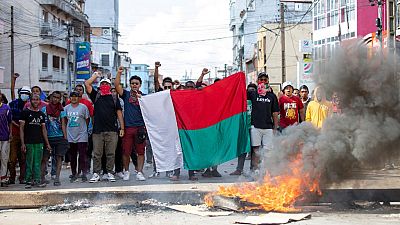

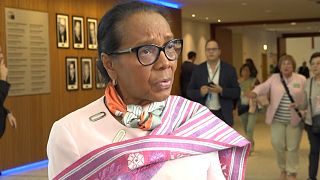
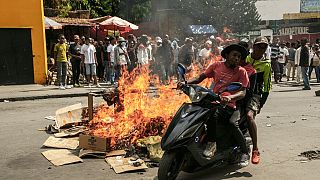
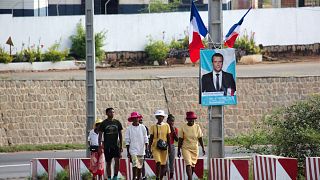
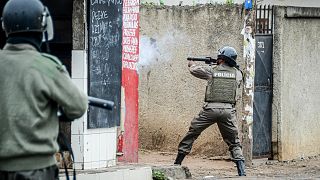
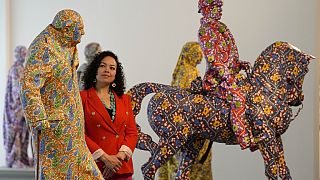



02:55
In Cameroon, Paul Biya's candidacy divides his party
02:21
Ivorian diaspora in Paris demands free and inclusive elections ahead of October vote
01:09
Cameroon’s civil society calls on voters to sanction Biya in upcoming elections
Go to video
Togo suspends French state-owned broadcasters RFI and France 24
Go to video
Protesters gather in Ivory Coast, demand Thiam's return on electoral list
Go to video
Nigeria: Tinubu denies one-party plan after he's accused of clamping down on opposition